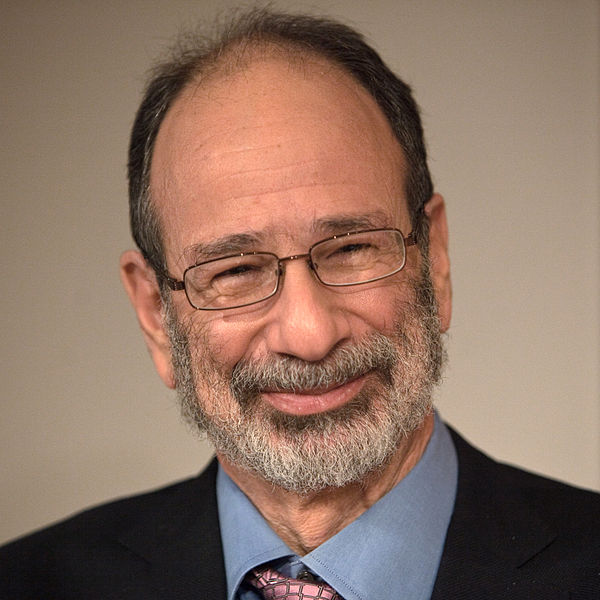 Julie Underwood – University of Wisconsin
Julie Underwood – University of Wisconsin
The ed school dean at the University of Wisconsin, Julie Underwood, argued against school vouchers last week, saying school choice would turn education into a “private good.” She concluded, “If you believe education is a public good, you are not likely to support vouchers.”
 Underwood is misusing the term “public good,” which, in economics, has a specific meaning to which education does not apply. She probably meant to say education has a public benefit, which is very true. But that same public benefit would still exist if there were no public schools and the government paid the tuition for all students to attend private schools.
Underwood is misusing the term “public good,” which, in economics, has a specific meaning to which education does not apply. She probably meant to say education has a public benefit, which is very true. But that same public benefit would still exist if there were no public schools and the government paid the tuition for all students to attend private schools.
Vouchers, tuition tax credits, education savings accounts and charter schools would all provide kids an education, which in turn, benefits the general public. We do just as much with higher education where we provide tax-subsidized student loans and publicly funded education scholarships for students attending public or private universities.
Grade: Needs Improvement
 Ann Duplessis – Louisiana
Ann Duplessis – Louisiana
In 2005, Ann Duplessis was a Democratic state senator in Louisiana who helped derail a school voucher bill (despite urgent pleas from a few other Democrats). But within a few years, she had a change of heart, and by 2008, she was sponsoring a voucher bill. Today she is president of the Louisiana Federation of Children, a pro-voucher group.
According to an interview in The Advocate, “I had to educate myself,” she said. “And as I did I began to see the deplorable conditions” of many inner-city schools. She realized something different was needed.
Duplessis also began to see the wonderful job New Orleans charter schools were doing with the same population of students.
Grade: Satisfactory
 Texas State Board of Education
Texas State Board of Education
The Texas State Board of Education voted 9-6 to deny the Great Hearts Academies the right to expand its school into the Dallas area (the school will open in San Antonio next fall and has 15 schools in Phoenix). The state board denied the application because Great Hearts enrolls more white and affluent students than the surrounding Phoenix metro where it operates.
Great Hearts offers a classic liberal arts education which isn’t as appealing to minorities as career academies, but minorities do in fact choose these schools. For example, at Teleos Prep in downtown Phoenix, nearly half the students are black. Great Hearts’ mostly white and affluent student population in Phoenix seems to occur because most of its campuses are in whiter, more affluent suburbs. The fact is, when given the option of a classical liberal arts education, some minority parents do choose these schools. The mostly white Texas State Board of Education won’t let Dallas parents even have that choice.
Grade: Needs Improvement
 Alvin Roth – Stanford University
Alvin Roth – Stanford University
In D.C. there aren’t enough good district or charter schools to meet demand. In years past, parents applied individually to schools of choice, but some students would be accepted to multiple schools while other students were accepted to none.
So how do you efficiently allocate students to available high-quality seats?
Enter Alvin Roth, an economics professor at Stanford, chairman of the board for the Institute for Innovation in Public School Choice, and winner of the 2012 Nobel Prize in Economics for solving this very problem.
D.C. implemented Roth’s algorithm into an online application that will allow parents to apply for up to a dozen schools while ranking each one for preference. The program performs a randomized lottery and provides the highest-ranked available school to the applicant. The common application and lottery begins next year.
Grade: Satisfactory

Mary Ellen Elia – Superintendent, Hillsborough County School District
The Hillsborough County School District operates a public school on MacDill Air Force Base in Tampa, Fla., but the base commander backs a request for another school – a charter school. It would allow off-base parents to drop their kids off at a school on base.
Superintendent Elia says no. She questioned the charter school applicant’s ability to operate a good school, pointing out it runs three F-rated schools in Florida. In response, the charter school leaders noted Elia operates four F schools in Tampa.
Elia has a well-deserved reputation for being a progressive-minded superintendent, but in this case she’s playing the role of both regulator and service provider. That’s a bad combination.


